Publications
Articles, publications, books, tools and multimedia features from the U.S. Institute of Peace provide the latest news, analysis, research findings, practitioner guides and reports, all related to the conflict zones and issues that are at the center of the Institute’s work to prevent and reduce violent conflict.
Question And Answer
Amid a Changing Global Order, NATO Looks East

Andrew Wilder on the Afghan Peace Process
“I think President Trump has really unlocked the possibility for the peace process by putting our troops on the table, as long as we just don’t withdraw them unilaterally,” says Andrew Wilder. Following President Trump’s clarification of the administration’s strategy during the State of the Union, Wilder shares his analysis of the ongoing peace process in Afghanistan.
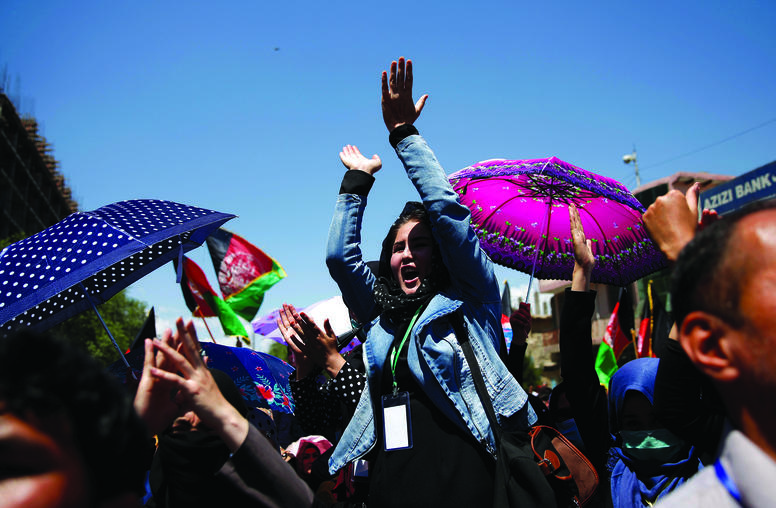
Youth Protest Movements in Afghanistan
The youth-led protest movements that emerged after the 2014 Afghan presidential election added a new dynamic to Afghan politics. Motivated primarily by widespread perceptions of injustice, exclusion and marginalization from governmental policymaking, and rapidly deteriorating...
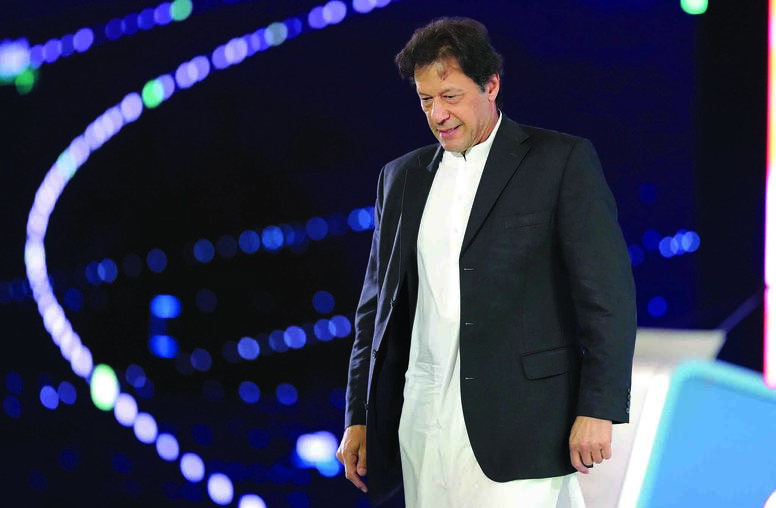
Pakistan’s Approach to Navigating the Saudi-Iranian Split
Since 2015, the deteriorating relationship between Saudi Arabia and Iran—the self-appointed vanguards of Sunni and Shia Islam, respectively—has brought forth a new cold war in the Middle East. Pakistan has spent decades striking a delicate balance between the two countries, but...

Oge Onubogu on Nigeria’s Elections
As Africa’s most populous country with its biggest economy, Nigeria is a bellwether for the continent. On Saturday, Nigerians will go to the polls to elect their next president and members of the National Assembly. This critical election will be a test of the resilience of Nigeria’s democratic institutions and widely watched by the international community, says USIP’s Oge Onubogu.
Iraq Study Group Report
In our efforts to make this report available to all, the report may be downloaded, reproduced, and translated free of charge. The United States Institute of Peace would appreciate being informed

Lucy Kurtzer-Ellenbogen on the Warsaw Conference
Last week’s U.S.-led Warsaw Conference brought together more than 60 countries to discuss peace and security challenges in the Middle East. The conference underscored U.S.-European tensions over Iran
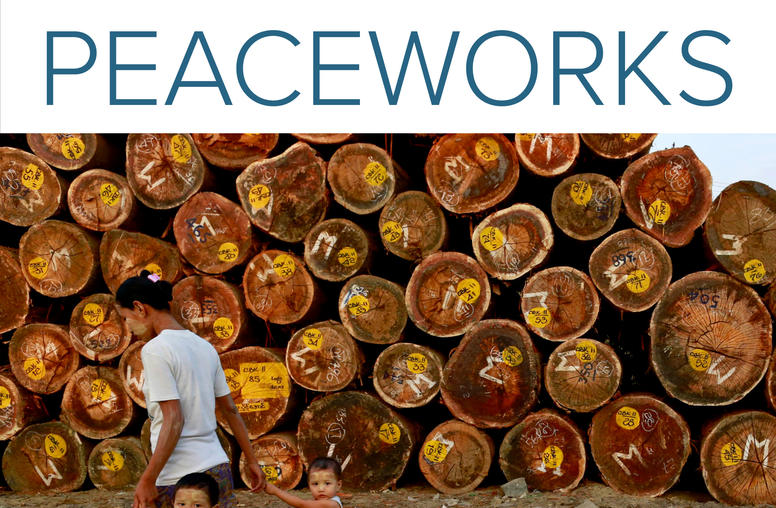
The Conflict Resource Economy and Pathways to Peace in Burma
Burma’s natural resource economy is inextricably tied to the ongoing armed conflict within the country. Questions of who has what ownership rights over what resources and how these resources can be more equitably shared with the wider population loom large. This report focuses on Burma’s resource-rich ethnic states and territories near the borders with China and Thailand and suggests that a more robust, accountable, and equitable system for managing the country’s resource wealth can help lay down the pathways to peace.
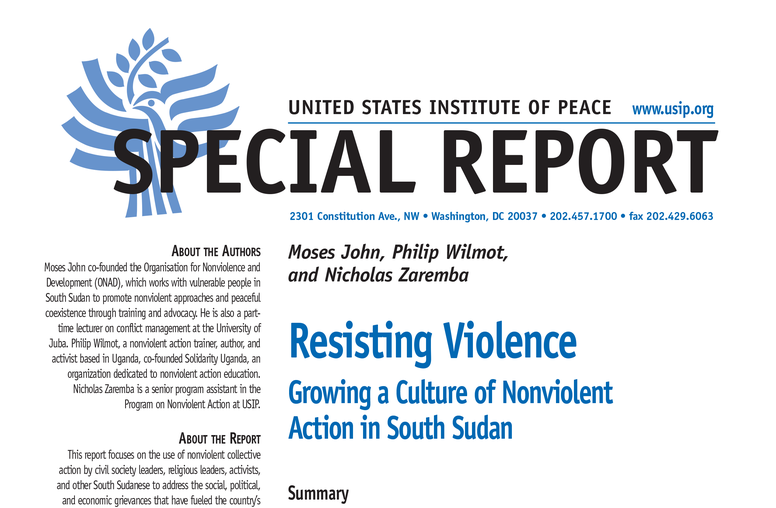
Resisting Violence: Growing a Culture of Nonviolent Action in South Sudan
Since the outbreak of civil war in December 2013, South Sudan has endured one of the worst humanitarian crises in modern times. Still, amid the constant threat of war-related violence and economic hardship, South Sudanese activists are managing to launch and sustain nonviolent movements to address the social, political, and economic grievances that have fueled the country’s ongoing conflicts.
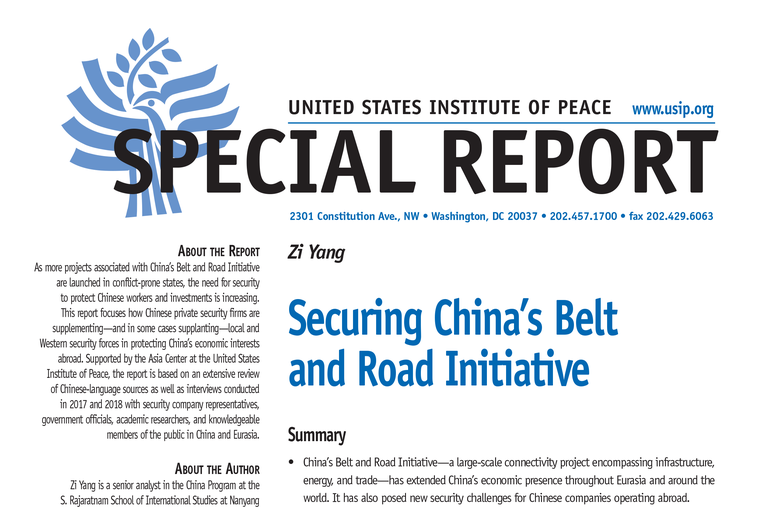
Securing China’s Belt and Road Initiative
USIP’s new Special Report provides an overview of the different security arrangements China is using to protect its overseas investments and workers, and examines how the Belt and Road Initiative is spurring the rapid growth of China’s domestic private security industry.

Moeed Yusuf on the 10th Anniversary of the Mumbai Attacks
Ten years ago this week, 10 members of Lashkar-e-Taiba—a Pakistan-based terrorist organization—carried out a series of coordinated attacks in Mumbai. Moeed Yusuf explains how the attacks derailed the most promising peace process India and Pakistan had ever managed and how U.S. mediation was critical to averting war in South Asia in the aftermath of “India’s 9/11.”